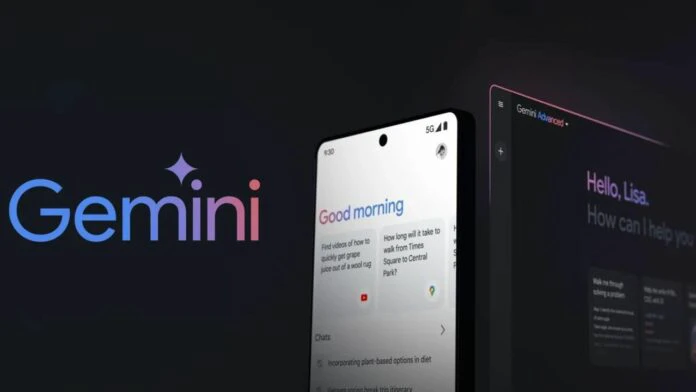Is The Tesla-Bitcoin Bromance Over? Morgan Stanley Analyst Sees Correlation Plummeting After EV Giant’s Earnings Miss

Morgan Stanley analyst and Tesla (NASDAQ:TSLA) bullAdam Jonas on Monday noted that the positive correlation between Bitcoin (CRYPTO: BTC) and Tesla shares has been falling to pieces since around the EV company’s third-quarter results.
What Happened: Both Bitcoin and Tesla shares are viewed as gauges to measure investor risk appetite, Jonas noted. The two have historically expressed a positive correlation of over 0.5. However, since September, this has fallen to -0.59.
The crumbling commenced in September, around the time of the company’s third-quarter results, the analyst said. For the third quarter, Tesla reported adjusted earnings of 66 cents per share, down from an estimated 73 cents per share. The revenue of $23.35 billion also fell below expectations.
This was further worsened by the company’s outlook for 2024. The company said in January that it expects the vehicle volume growth rate to be “notably lower” in 2024 than the rate achieved in 2023.
Growth of $1000 Investment In Bitcoin Vs Tesla
While Bitcoin continues to rise to all-time highs, Tesla shares are on a downward plunge, Jonas noted. Bitcoin is up 64% year-to-date and Tesla shares are down 28%. Further, the sentiment around EVs has been dampening since later last year.
“We expect to see earnings revision trough in mid-year before investors contemplate the potential of a new model cycle and Tesla’s optionality to the broader AI theme,” Jonas wrote.
Why It Matters: Tesla is counted among the largest Bitcoin-holding public companies. Its stash comprises 10,500 coins which are worth $755.40 million. This puts the Musk-led company ahead of Coinbase and Jack Dorsey-led Block in terms of Bitcoin holdings.
The largest Bitcoin holding company is MicroStrategy, which owns 174,530 coins as of writing, which are worth a whopping $12.56 billion.
Only last week, Jonas cut the target price on Tesla from $345 to $320, citing several downsides including dwindling EV demand, older product line-up as compared to other automakers, heavy competition and price war in China, and not the least, the increasing popularity of hybrids over battery electric vehicles in the company’s primary market of U.S..
“If there was ever a time for Tesla to potentially post a GAAP EBIT loss in the auto business, it may be this year,” Jonas then wrote.





